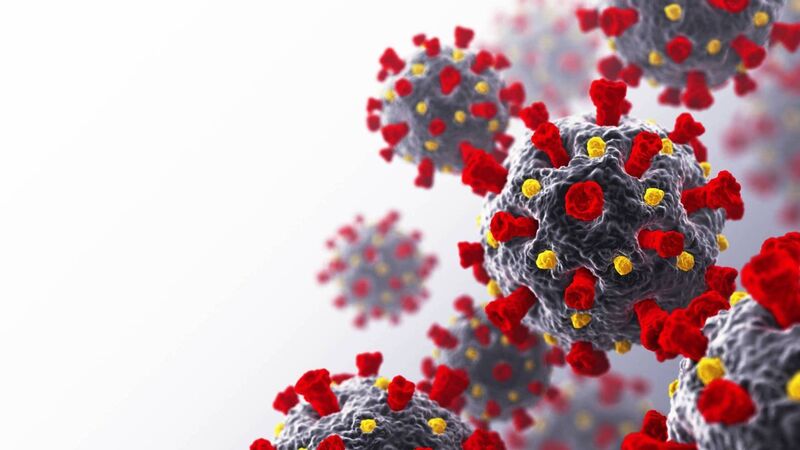Niamh Griffin: Covid variants can change the game

The UK variant, B1.1.7 now makes up 91% of cases and is estimated to be up to 70% more transmissible.
Just over a year into the pandemic, a face-off between vaccines and variants normally played out in laboratories is becoming a topic of conversation in parks and playgrounds.
It is unusual to have so many vaccines at this stage of a pandemic, the first novel coronavirus genome sequence was only seen publicly in January 2020.













